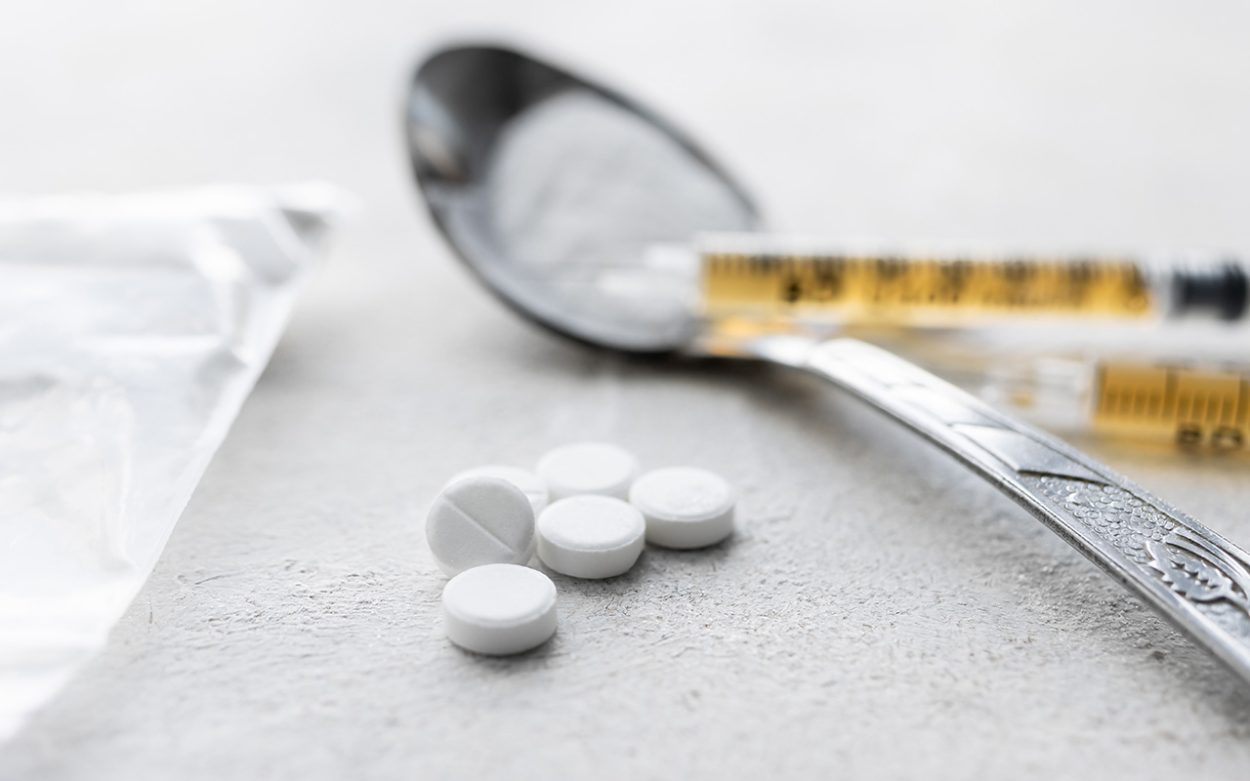NEARLY 30 people died from drug use in the Frankston municipality between 2020 and 2021, a newly released report has found.
Last week, the state government finally released a report into a proposed medically supervised injecting service in the City of Melbourne. The report, undertaken by former Victoria Police commissioner Ken Lay, was handed to the state government in May 2023.
The report showed that Frankston was among the local government areas most impacted by drug-related deaths. There were 29 drug-related deaths in the Frankston LGA between 2020 and 2021 – just eight of Victoria’s 79 municipalities had more drug deaths during that time period. The City of Melbourne, the worst affected, had 54. Six of the drug-related deaths in Frankston between 2020 and 2021 were heroin-related. The final report recommended establishing an injecting facility in the City of Melbourne. The state government has ignored that recommendation.
The report did not assess the possibility of an injecting facility in Frankston. In response to a National Drug and Alcohol Research Centre report released in 2022, Frankston MP Paul Edbrooke said the state government had “no plans” to open such a facility in Frankston (“No plans for safe injecting facility – MP” The Times 17/8/2022).
Although the state government has rejected the Melbourne injecting room proposal, it has committed to spending more money on pharmacotherapy treatment. Private practices care for most patients receiving pharmacotherapy treatment in Victoria. A Monash University study released in 2023 found that just 50 of Victoria’s 14,804 pharmacotherapy patients were in the public system.
The planned closure of the Frankston Healthcare Medical Centre earlier this year placed further stress on pharmacotherapy patients. The clinic provided pharamacotherapy treatment to around 400 patients weekly (“Drug treatment access a big problem” The Times 3/10/2023). The state government has announced it will spend $8.4 million on pharmacotherapy treatment in up to 30 locations statewide through a new grant program. It has also committed to trialling the rollout of 20 Naloxone vending machines.
Victorian mental health minister Ingrid Stitt said the spending will help 1500 more people access treatment. “Pharmacotherapy is the most effective treatment option available – we’ll boost it in up to 30 locations statewide, and we’ll trial a new pharmacotherapy treatment within a clinical setting in the CBD to divert people from the illicit drug market and give hope to the seriously addicted,” Stitt said.

